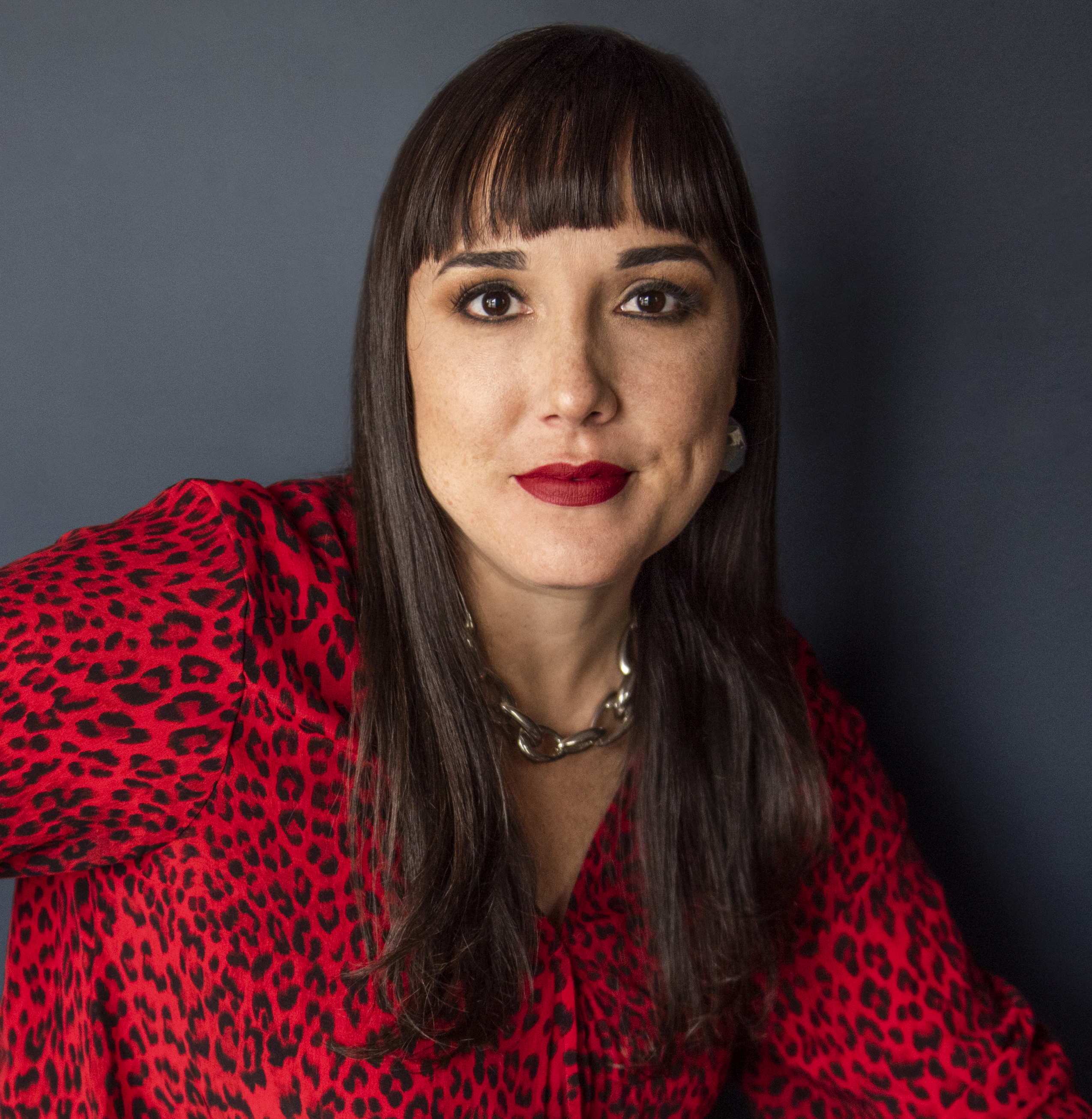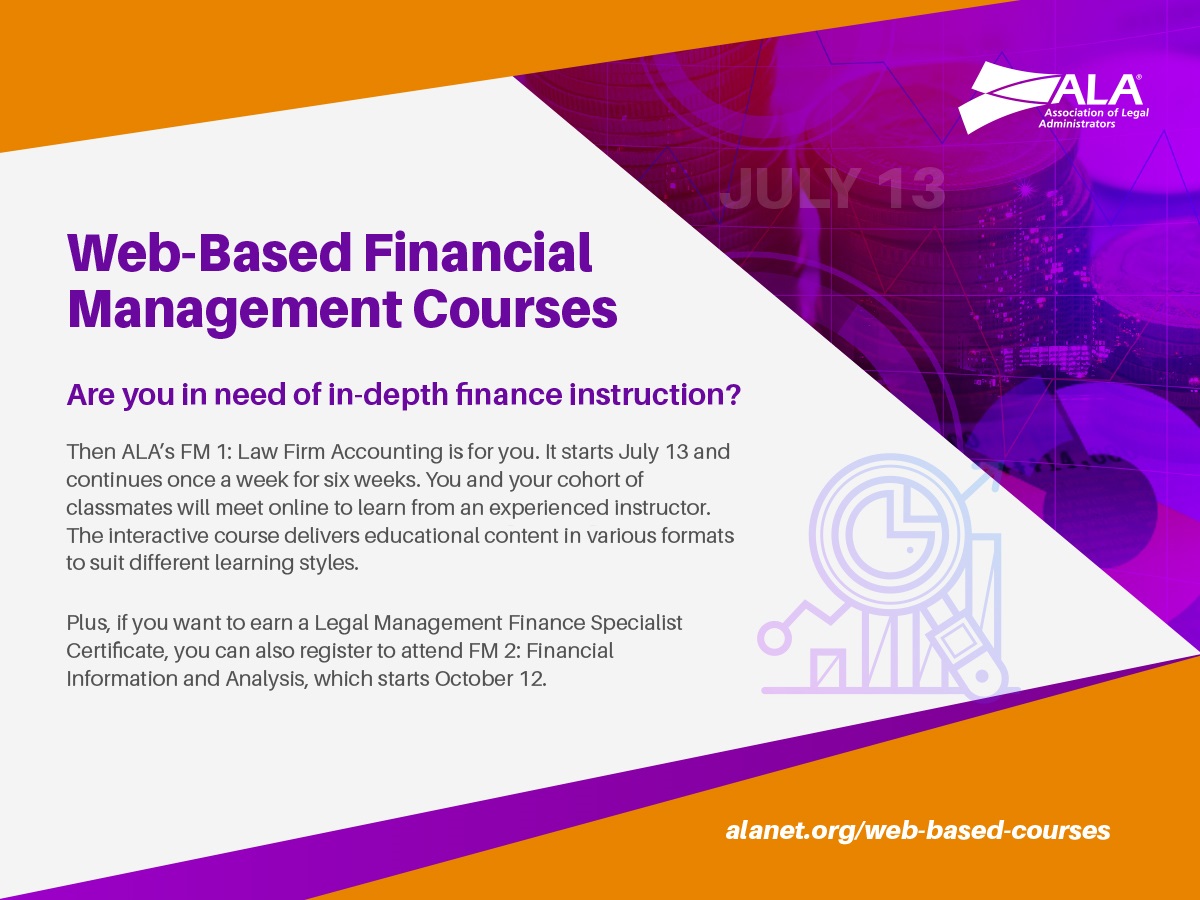While I’m the life of a party when I’m with my friends, I loathe networking events and dread small talk. Instead, I enjoy substantive conversations and don’t know how to achieve meaty, engaging discussions with people I don’t know very well. Thus, the topics stay in the weather and cute-things-my-dog-did-today categories. I inevitably go home exhausted and dreading the next time I have to discuss the weather with strangers while snacking on a charcuterie board.
I don’t consider myself an introvert (I’m more of an ambivert), but long ago I recognized my introverted nature when it comes to business networking. As I work primarily with lawyers, I recognize the same quality in many of them. In fact, 60% of lawyers are believed to be introverts. In a profession that requires relationship-building in order to build business, how can introverts overcome this aversion to networking? In my case, I found podcasting.
Yes, podcasting. I started my agency’s podcast, Spill the Ink, in late 2020. I was late to the podcasting game. In fact, I had resisted starting a podcast as I believed that the legal marketing and PR space was too saturated with podcasts for me to make an impact. I changed my mind, however, following a conversation with Elise Holtzman, a legal business development coach and host of The Lawyer’s Edge podcast.
Elise explained that her strategy was focused more on relationship-building than audience-building. The audience would come, eventually, but Elise was more focused on the one-on-one conversations she was having with people who were new to her network — especially potential referral sources. This one-to-one networking was highly valuable, and the podcast format allowed her to do it in a structured, purposeful way. I was intrigued and decided to take the plunge.
“With podcasting, your networking is focused on the right people — potential clients, referral sources and others who enhance your professional network.”
What I found is that podcasts are an ideal platform for introverted networkers like lawyers. Here’s why:
PODCASTING IS DONE SOLO, FROM THE SANCTUARY OF YOUR OFFICE
When doing a podcast interview, you are technically alone. I conduct all my podcast interviews via Zoom, so I’m having a virtual face-to-face conversation. I only publish the audio for now, but I still get the benefit of looking someone in their eyes while having a meaningful conversation without ever having to leave my office. (I do miss the charcuterie board, though.)
Conversations are recorded and later edited. That means if a dog barks, if the conversation lulls or if you venture into a topic that you don’t want to include in the final version, you can edit it out.
YOU FOCUS ON THE RIGHT PEOPLE
With podcasting, your networking is focused on the right people — potential clients, referral sources and others who enhance your professional network. Imagine if you could walk into a networking event, immediately find a potential client, have a focused one-on-one conversation with them, and then promote the nuggets of wisdom you both shared to your networks later on? This is what a podcast does for you and more.
When I first started mine, I brainstormed a list of guests. I first focused on referral sources — i.e., other legal industry service providers who served the same clientele but offered different services. I’ve interviewed website designers, customer relationship management consultants, search engine optimization firms, business development coaches and a range of other specialists. These people are all excited to be featured on a platform that reaches the audience they, too, want to reach.
I’m now focused on interviewing managing partners of small to midsize business law firms, which are my target client. Eventually I’ll move on to interviewing legal media reporters and editors, an integral part of my network.
At the end of every interview, I ask the guest for an introduction to someone they think would make a great guest. I’ve made valuable connections that I never would have without the podcast. The format gives me a meaningful reason to connect with someone and expands my network to include the guest’s network.
NO SMALL TALK NECESSARY
Throw the weather convo out the window! When I schedule a podcast, I have a clear idea of the type of conversation I want to have, and I communicate that to the guest. I typically spend about an hour researching the guest and writing up a list of questions. While great podcast interviews are free-flowing, it helps to have a list of questions prepared and a loose structure to keep the conversation on track.
Most podcast interviews are a half-hour to an hour in length. What other way could you have a substantive conversation with a valuable new connection, focused on a relevant topic, in less than an hour?
YOU PRODUCE CONTENT THAT PROVIDES MYRIAD BENEFITS
At the end of a typical networking conversation, you come away with a business card and a LinkedIn connection, at most. However, with a podcast interview, in addition to the new connection you’ve made, you create a piece of content that adds not just to your marketing arsenal, but also to your guest’s. You can share that podcast on LinkedIn, post it to your website and populate it to the range of podcast services such as Spotify, Apple and Google Podcasts.
If you’re the type that dreads networking, stop attending the events and instead launch your own podcast. Consider your time hosting the podcast as a replacement for all those business networking events you used to go to. Your introverted self will thank you.


